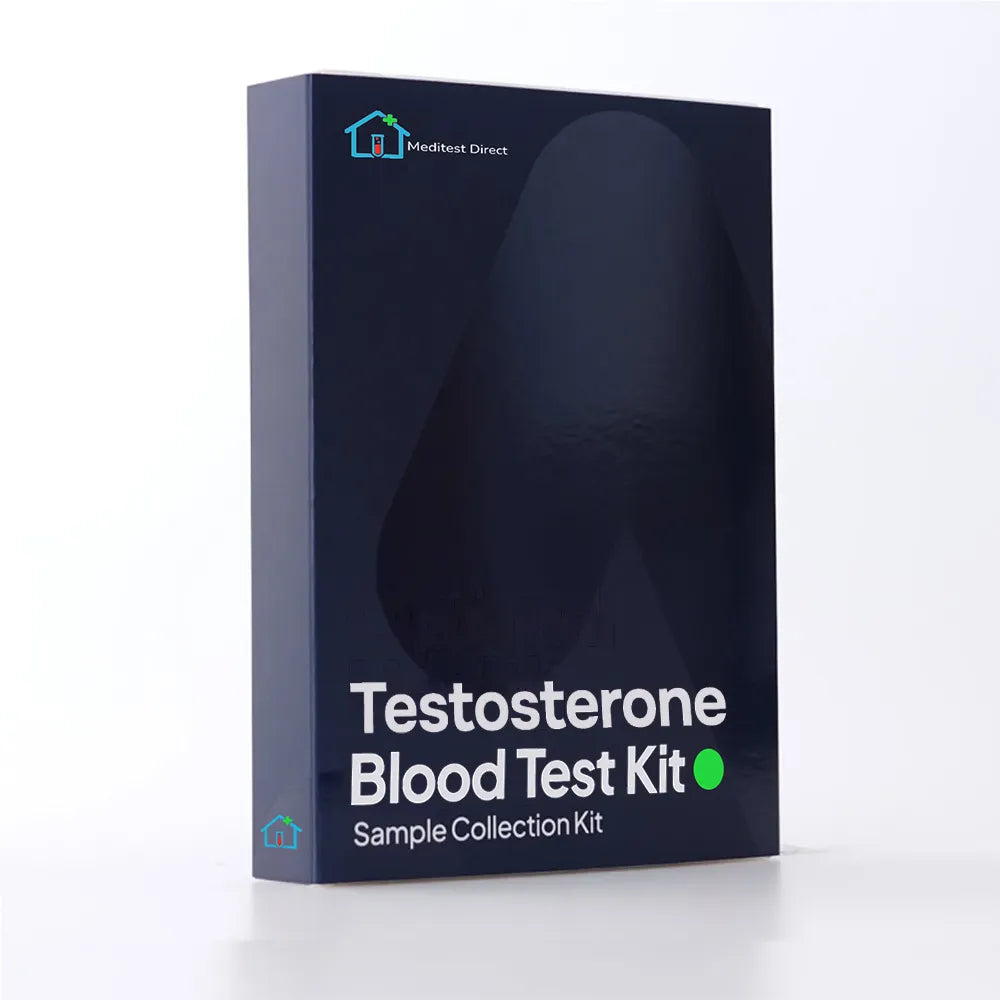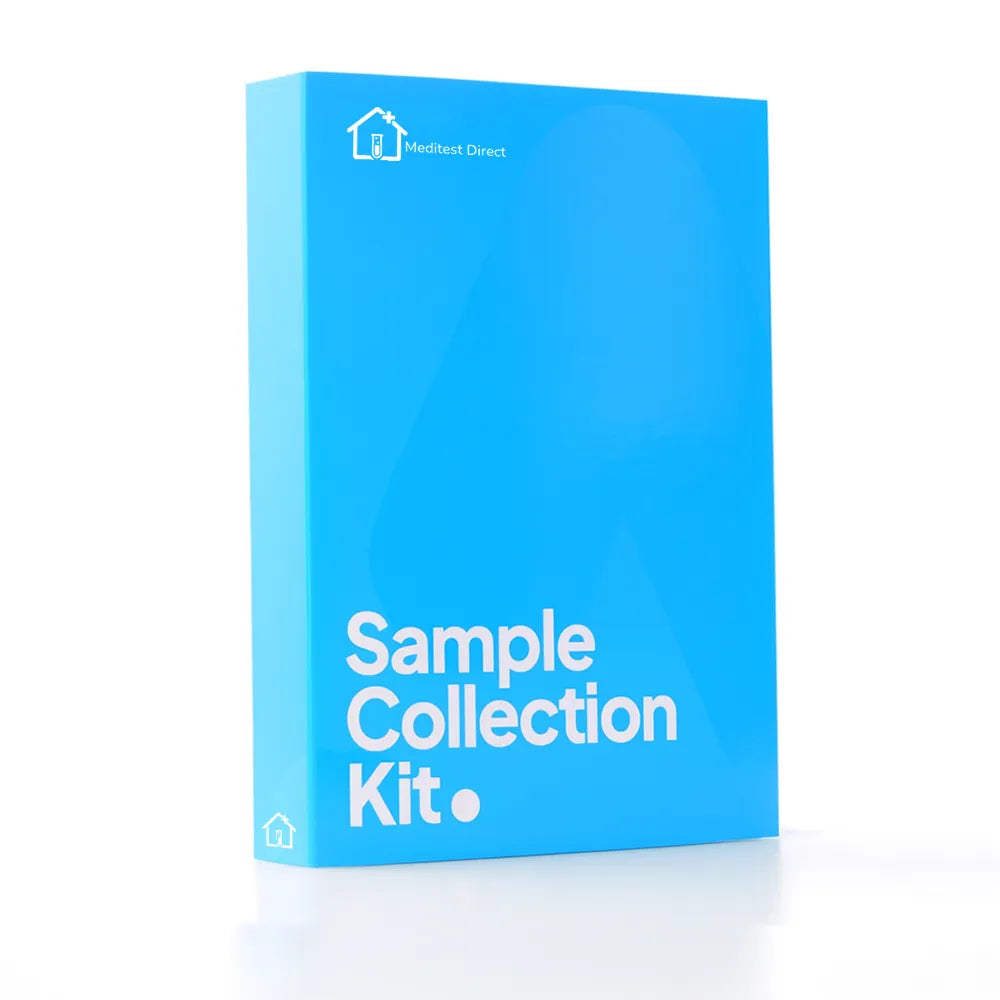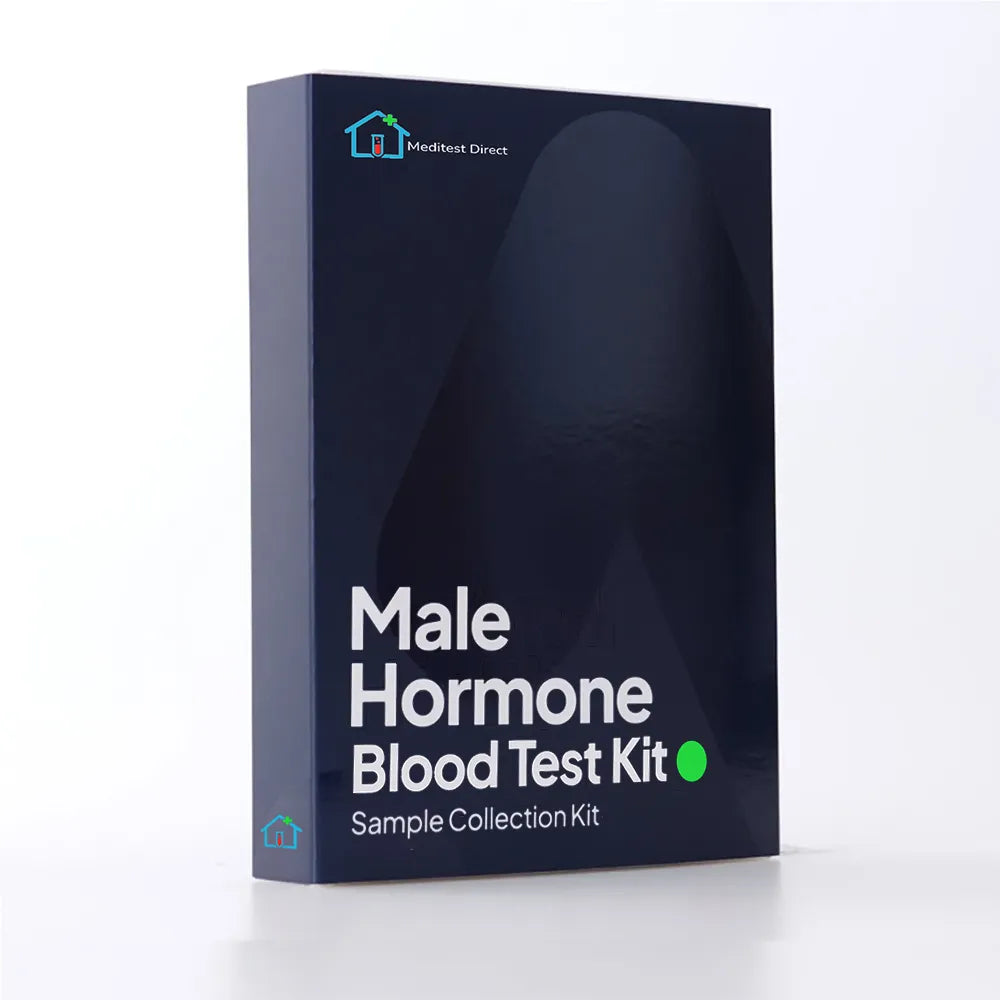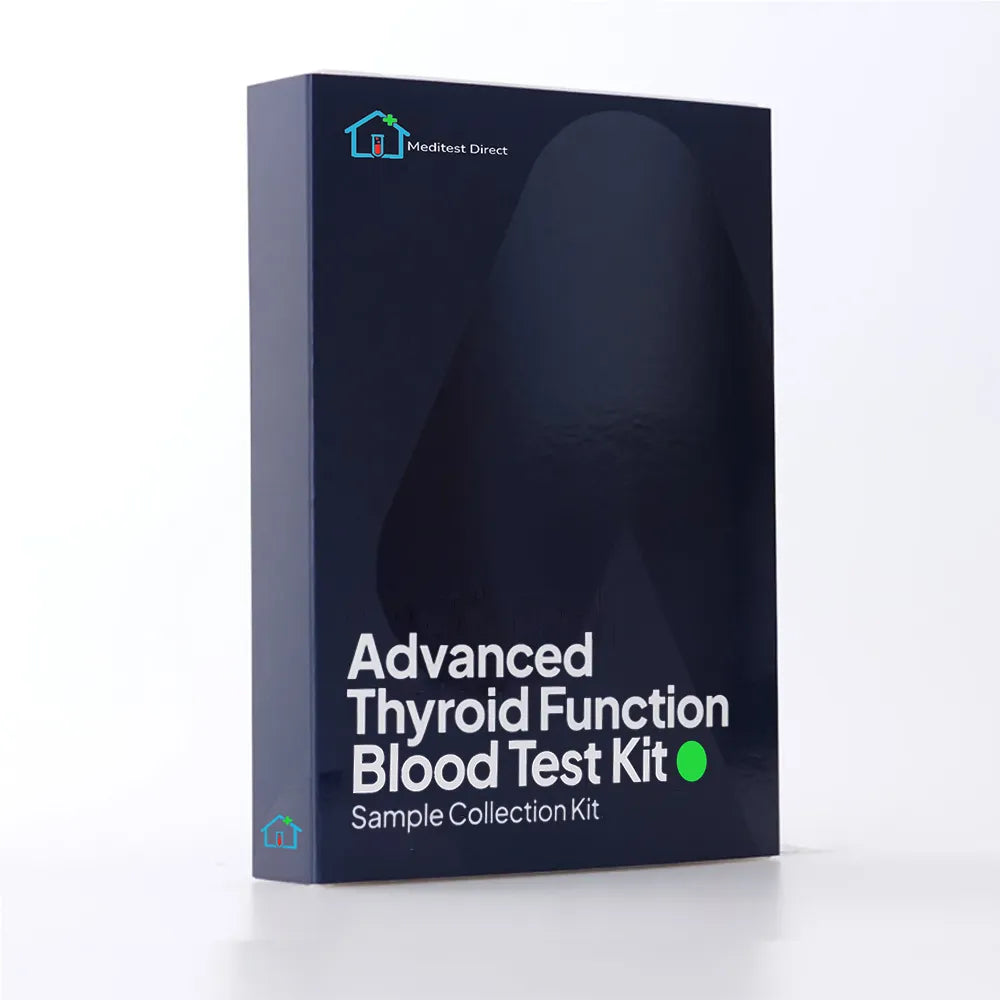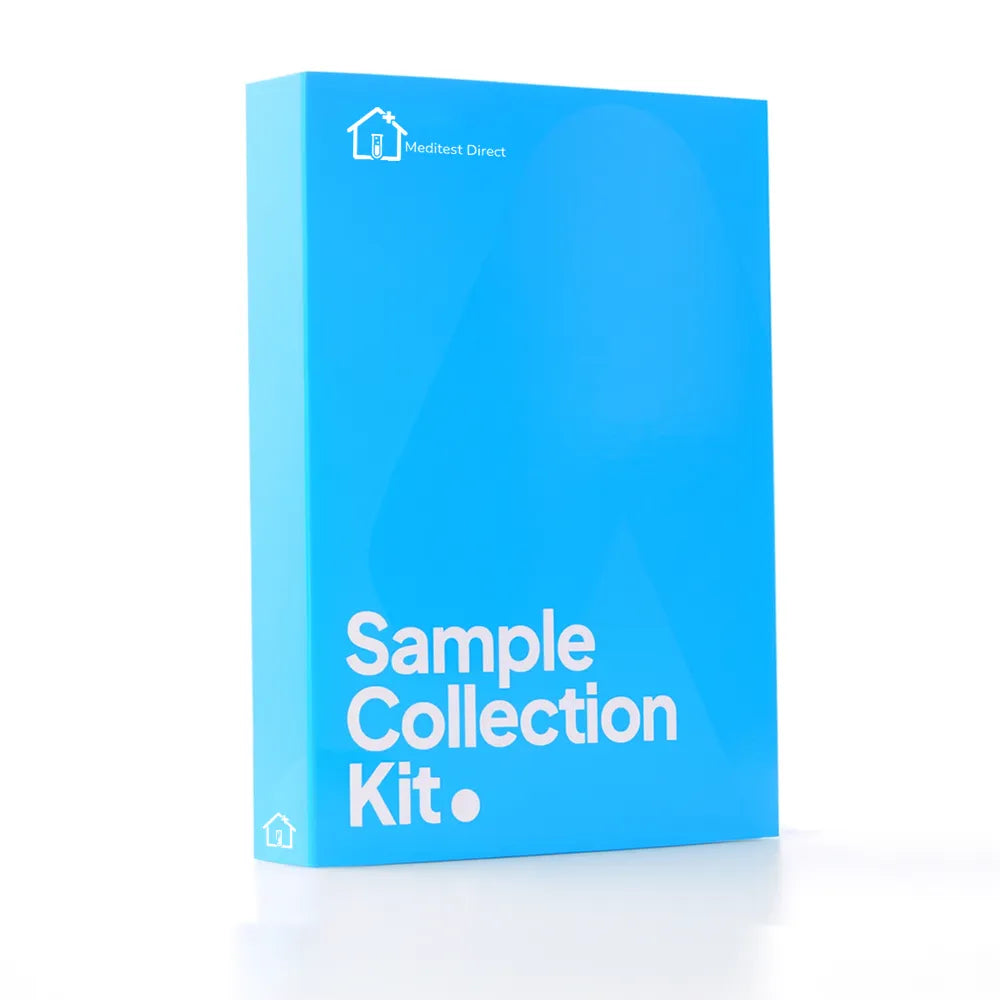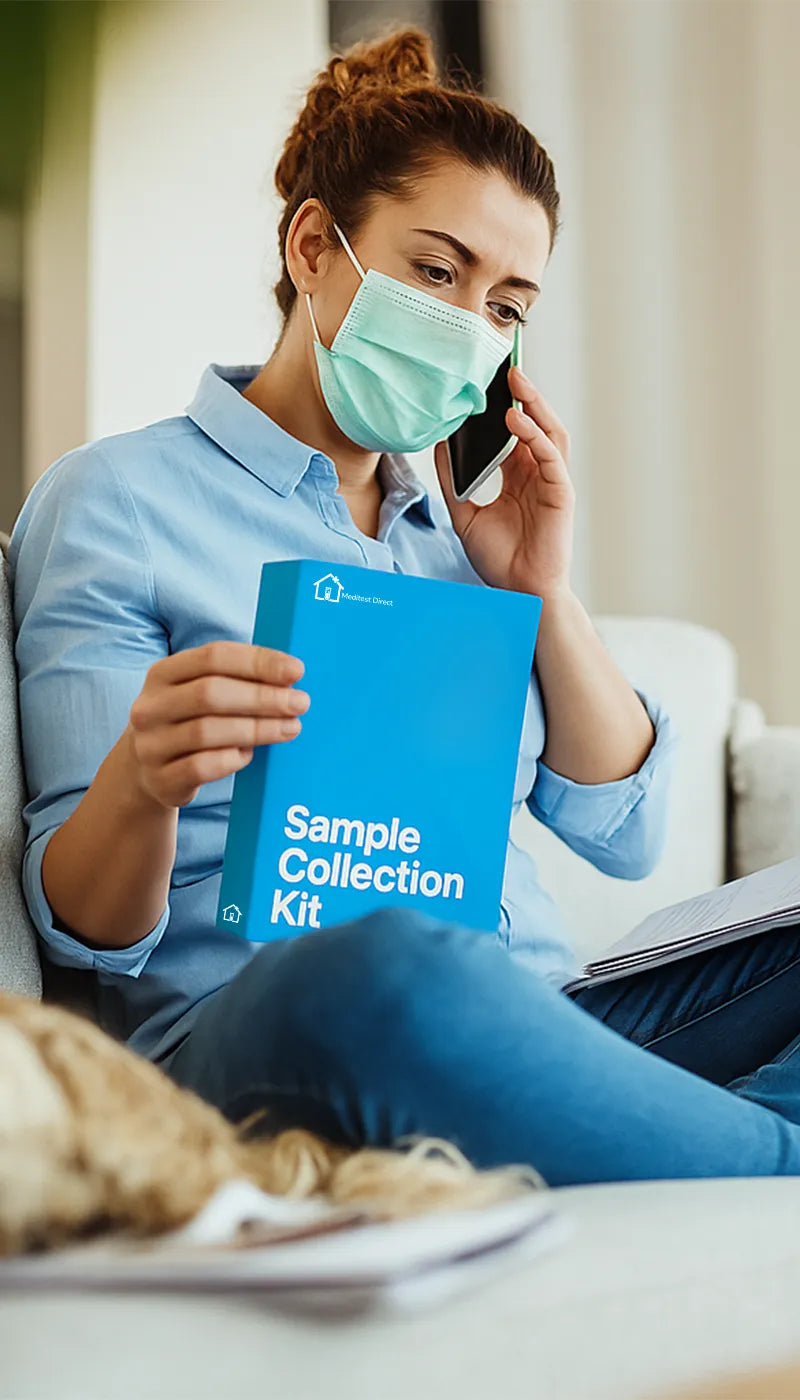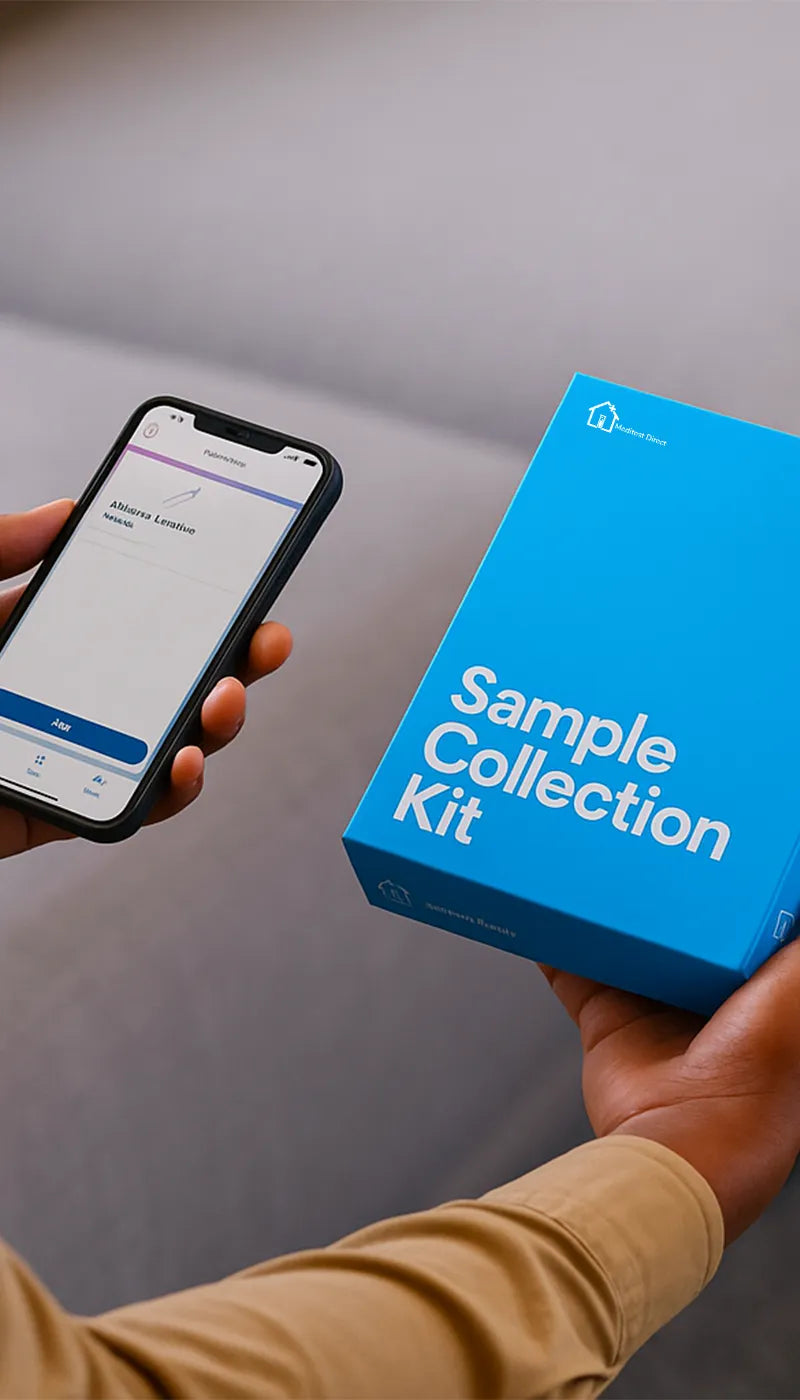Explore Our Most Popular Tests.
What’s in the box
- Pre-labelled sample tube(s)
- Sterile single-use lancet(s)
- Alcohol wipes
- Plasters
- Absorbent pad & sealable biohazard bag
- Protective tube holder
- Barcode labels & lab request form
- Instruction leaflet
- Prepaid tracked return envelope (UN3373 compliant)
- Discreet outer packaging
